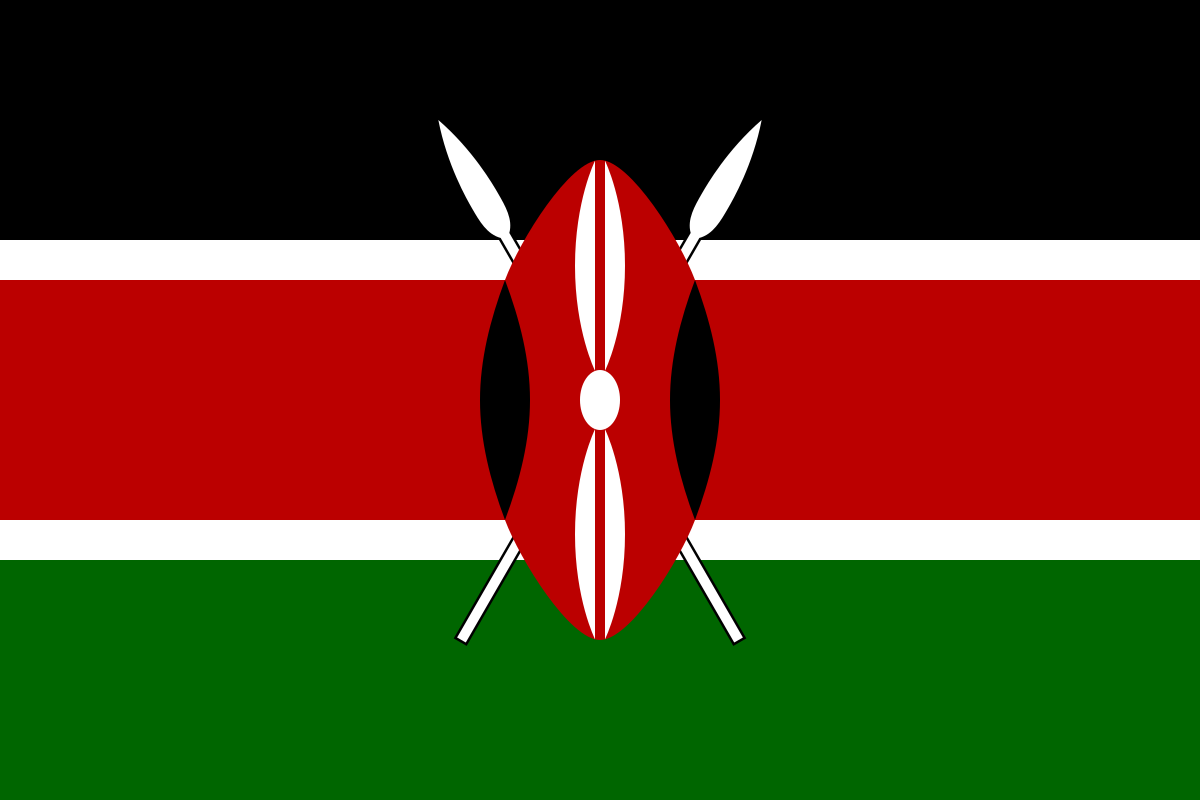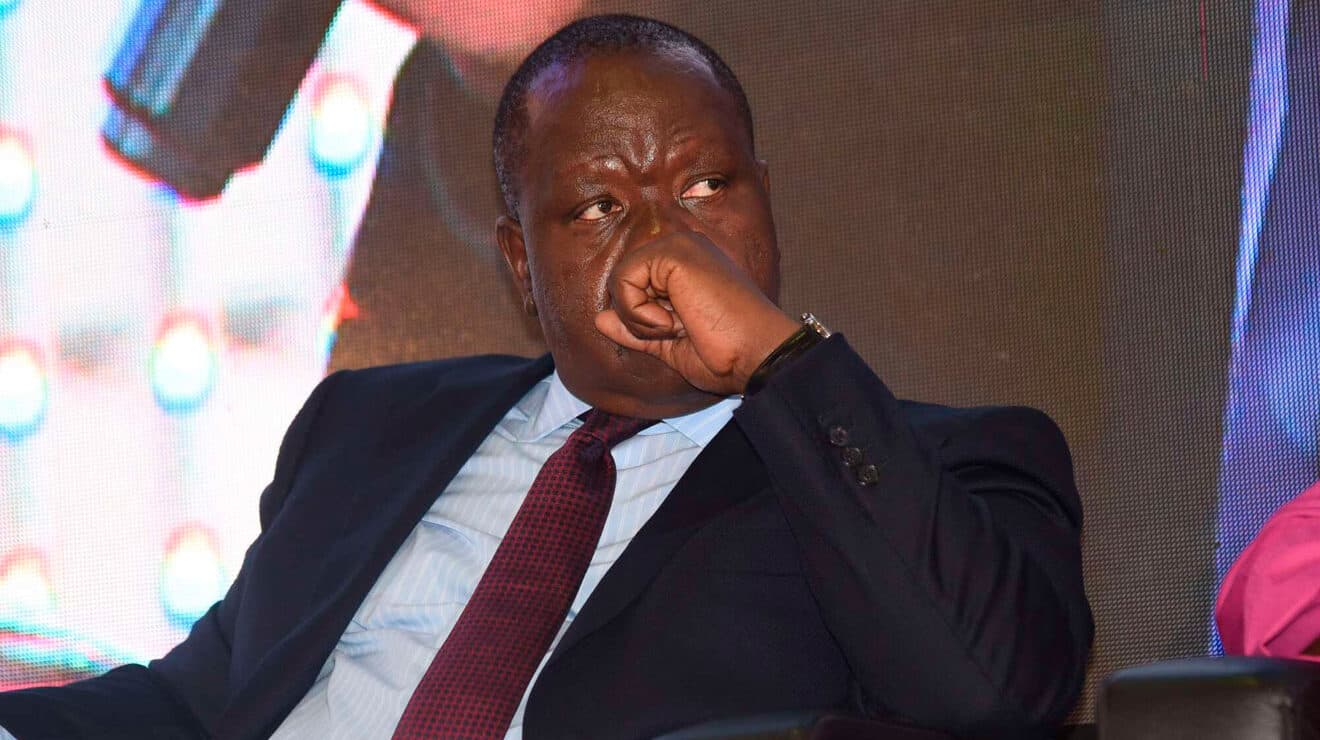We're loading the complete profile of this person of interest including their biography, achievements, and contributions.


Former Cabinet Secretary & 2027 Presidential Aspirant
Public Views
Experience
Documented career positions
Fred Okengo Matiang’i (born 22 April 1968) is a Kenyan academic, administrator, and former cabinet minister widely regarded for his no-nonsense leadership style and reform-driven approach to public service. Born in Borabu, Nyamira County, Matiang’i received his early education at Kiabonyoru Mixed Secondary School and later at Kisii High School. He pursued higher education at Kenyatta University, graduating with a Bachelor of Education degree in English and Literature. He went on to the University of Nairobi, where he earned both a Master of Arts and a PhD in Communication and Comparative Literature. Matiang’i began his career as a lecturer at Egerton University and later at the University of Nairobi. Beyond academia, he served as the Eastern Africa representative for the State University of New York’s Centre for International Development, where he worked on governance and institutional strengthening programmes. He also consulted for international organisations including the World Bank and USAID, building expertise in policy and development management. In 2013, Matiang’i was appointed Cabinet Secretary for Information and Communications in President Uhuru Kenyatta’s administration. During his tenure, he oversaw Kenya’s transition from analogue to digital broadcasting and supervised the expansion of the national fibre-optic network. In 2015, he was transferred to the Ministry of Education, where he introduced sweeping reforms to Kenya’s examination system, curbing rampant cheating and restoring credibility to the Kenya Certificate of Primary Education (KCPE) and Kenya Certificate of Secondary Education (KCSE) exams. From 2017 to 2022, Matiang’i served as Cabinet Secretary for Interior and Coordination of National Government, one of the most powerful dockets in government. He spearheaded police reforms, strengthened national security operations, and was appointed chair of the National Development Implementation and Communication Cabinet Committee, a role that made him central to the execution of government projects. His uncompromising style of administration earned him the nickname “Mr. Fix-It”, drawing both praise for his efficiency and criticism for his perceived authoritarian streak. Following the 2022 general election, Matiang’i took a sabbatical from public life. He returned to Kenya in April 2025, reigniting political speculation about a potential run for the presidency in the 2027 elections.
Oversaw Kenya’s transition from analog to digital broadcasting and expanded the national fibre‑optic network as ICT Cabinet Secretary
Reformed the Kenya National Examinations Council, tightened exam security, shortened the KCSE calendar and expedited release of results as Education Cabinet Secretary
Reformed immigration and cracked down on illegal gambling; improved police welfare and built the National Police Hospital as Interior Cabinet Secretary
Civil society organisations and political opponents accused him of authoritarianism and overseeing human rights abuses and extrajudicial killings during his tenure as Interior Cabinet Secretary
During a July 2025 television interview he refused to declare his net worth, saying he did not know it and that wealth declarations were private; critics argued this undermined transparency
Some opposition leaders alleged he used state machinery to suppress dissent and labelled him a political hatchet man, accusations he has denied
Chaired the National Development Implementation and Communication Cabinet Committee (de facto prime minister) from 2019
Implemented digital transformation in the police service through the digital Occurrence Book and enhanced citizen access to services
Recognised for decisive problem‑solving and nicknamed “Mr. Fix‑It” for swiftly resolving crises